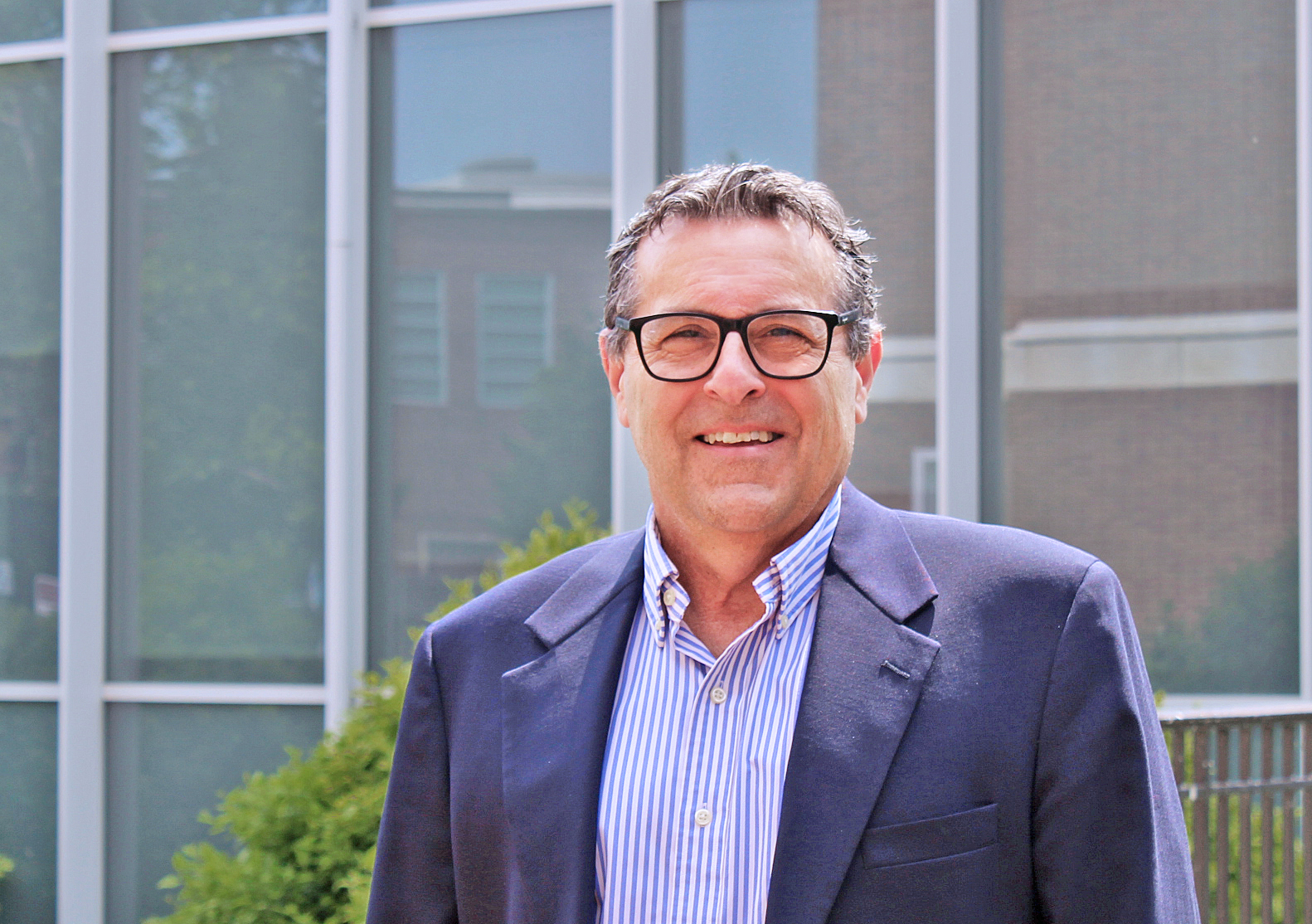At the CyberMaryland Conference on December 6 in Hyattsville, MD, experts will reveal findings from a statewide survey on cybersecurity knowledge and habits. Earlier this year, the Maryland Cybersecurity Survey polled more than 500 residents on cyber risks and best practices. During the “Making Maryland Stronger: Setting the Baseline” keynote panel, members of the Johns Hopkins University Information Security Institute (ISI) will identify areas where Maryland residents are strong on cybersecurity and spotlight opportunities for improvement.
The survey was led by ISI and funded by both ISI and the National Cryptographic Foundation. Panelists from JHU will include Anton Dahbura, ISI director, Joe Carrigan, ISI senior security engineer, and Jamie Stelnik, an undergraduate student studying computer science.
“The survey results revealed a concerning lack of awareness of cybersecurity best practices, leaving citizens vulnerable to having their secure accounts breached. This is something that needs to be addressed,” said Dahbura.
The panel marks the first step of an initiative by Dahbura and others to expand cybersecurity awareness across the state, ensuring that residents can recognize potential cybersecurity attacks and know how to protect themselves and their information from cyber threats.
For instance, approximately 20% of respondents admitted to using the same password for most of their online accounts, a practice that makes it easier for hackers and cybercriminals to access multiple accounts and compromise sensitive information security. The survey also found that over 100 of the respondents reported falling victim to online scams, losing about $436,000, which Dahbura extrapolates would be equivalent to $3.8 billion in losses for the 4.7 million people living in Maryland.
The Maryland Cybersecurity Survey was commissioned by the Maryland Cybersecurity Council, which was authorized in 2015 by the Maryland General Assembly and is tasked with assessing the cybersecurity risk of critical infrastructure in the state and contributing to federal and state cybersecurity laws. Dahbura is one of the more than 50 cybersecurity experts from across the state appointed by the Maryland Attorney General to be part of the council.
“The survey results will also guide future research on practices that individuals and organizations use to maintain and enhance security,” Dahbura said.


